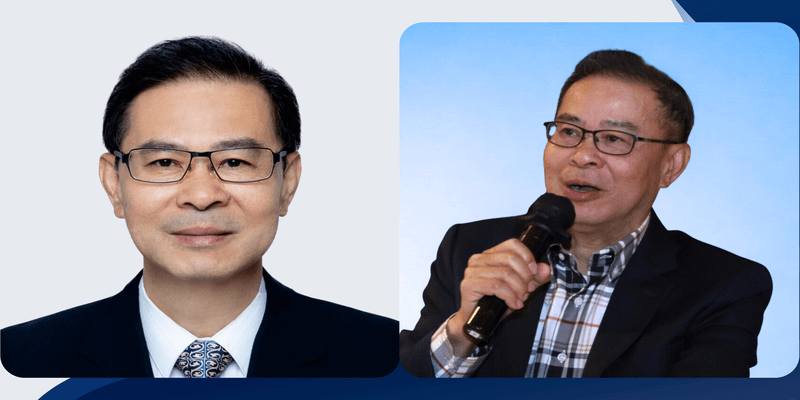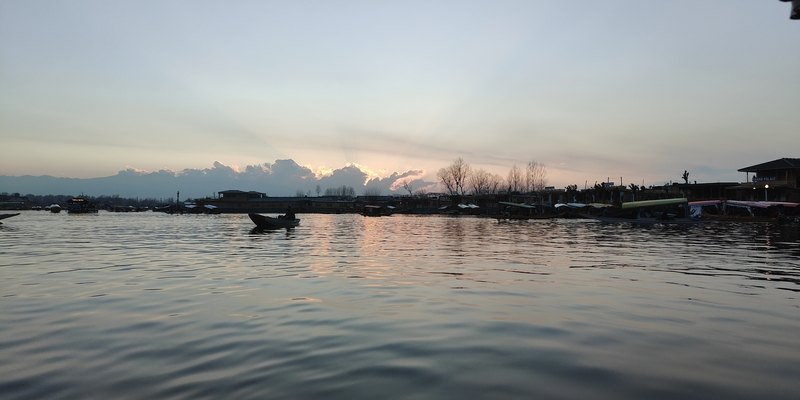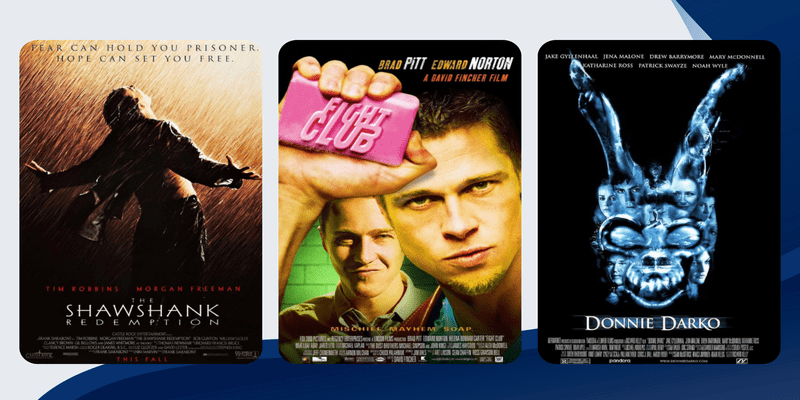Demystify the Japanese concept of ikigai

When I say the word ‘ikigai’, what comes to your mind? Is it the pretty little blue book that everyone keeps talking about or is it the venn diagram with four circles that floods Google search results? Have you been able to find out what it is – the true meaning and essence of the term? If you Google ‘ikigai’, you will see a venn diagram which defines it as a sweet spot where ‘what you’re good at’, ‘what you can be paid for’, ‘what the world wants’, and ‘what you like to do’ merge. As per the diagram, when you find something that satiates all four domains, it becomes your ‘ikigai’. Sadly, outside of Japan, many people believe this diagram to be the real meaning. Truth be told, it has nothing to do with making money.
I don’t think anyone in Japan would have charted out a framework on how to be satisfied in life. The venn diagram may be a useful tool to figure out a sustainable, happy career, but what it is definitely not – is the correct and traditional notion of ikigai. In this article, I hope to give you an insight into the real spirit of ikigai.
Ikigai is a long-standing Japanese concept. It started gaining global popularity after it was mentioned by a National Geographic explorer in a Ted Talk, “How to live to 100” back in 2010. The speaker, Dan Buettner, visited and studied the blue zones of the world, places where people are speculated to live substantially longer than usual. During his research, he learned about the northern part of the archipelago of Okinawa, in Japan, also a blue zone. People of this part of Okinawa lived long and healthy lives, and they attributed it to the concept of ikigai.
The people there live a life where they know in their hearts, the purpose of life, the reason why they wake up every day. The things that give them real bliss. For a lady aged 102, back when this research took place, ikigai was her great-granddaughter. To be able to hold her felt heavenly to this grandma. There was someone in Okiwana for whom it was drinking green tea with friends or another man for whom it was martial arts. Do you see where I am going with this?
It is slightly tricky to translate ikigai into English. It can be broken down into two Japanese terms: ‘Iki’, comes from the word “ikiru” meaning ‘life’ or ‘alive’ and ‘kai’ meaning effect or worth, together compounded to ikigai meaning ‘a reason to live’ or ‘a meaning for life’, basically ‘what makes life worth living’. Mieko Kamiya, one of the first researchers to extensively study this as a subject and the writer of the famous book ‘Ikigai ni Tsuite’ says “power necessary for one to live in this world, happiness to be alive, benefit, effectiveness.” She says “when we try to translate it into English, German, French etc. It seems that there is no other way than “worth living” or “value or meaning to live”. Anything that adds value to life – it really is as simple as that.
When we talk about having a purpose in life, we always think of life-altering, let’s-change-the-world kind of things. Sure, they can be your ikigai, but it’s not necessary. I feel that is its real beauty. It holds a definition so vast, that it can be a spectrum of things It can be something as small as your morning run or your yoga session, pottery classes or even just a page of doodling every day. At the same time, it could also be a personal mission like pursuing your career in law or working hard for a Nobel Prize or even being able to win a championship. Whatever sails your boat!
Only one ikigai forever?
Don’t you feel the idea that we need to have only one purpose is counter-intuitive to growth? In an overall blossoming life, we find joy and fulfilment in many parts of life. What is technically wrong in finding your ikigai in music but also tennis? Or in finding it in your family and your career. If there are so many things to happily look forward to in life, you will jump out of bed with zeal – daily.
Do you think Cristiano Ronaldo is only really happy when he plays football? I’m sure not! He is a keen philanthropist and is known to spend a lot of quality time with his friends. So if you feel you’re cheating your ikigai because you love several other things, it’s not so! And the next time to hop on the bandwagon of making sacrifices to achieve THE ONE pure purpose of your life, please stop, reflect, and then act.
As life moves on, we learn, grow, and change. Things we value and appreciate also change. There is nothing to fret about if your ikigai changes with time or sees additions. We’ve all heard repeatedly that the only thing constant in this world is change. It is extremely crucial for evolving as a person or we’ll be forever stuck in the same spot. Our bodies and psychology change with time and age. Holding on to your past self and to the things that once gave you satisfaction, just out of loyalty to a person you no longer are, is only going to limit you. If you were someone who found ikigai in weight training and with age find more peace in yoga, go ahead. Embrace these changes, and allow yourself to feel differently. Allow your evolving ikigai to improve the quality of your life.
How to find your ikigai?
By now, I am sure either you would have realised what your ikigai is or you must be wondering, “but how do I find it?”. It is not something you find, it is something you realise. Most of us live with a mindset that we will have to find a true passion, an impactful one and only then our lives will be perfect. This mindset is the biggest cause of self-doubts and discontent. There is no such thing that will make your life perfect, in fact, I believe there is no such thing as a perfect life. Your ikigai, however, will make the journey of life, as it comes, worthwhile. You don’t have to go out there picking out things or hobbies or passions, just open your eyes to what you’re already doing on a daily basis that gives you a sense of fulfilment and voila! You’ve found it.
But again, how? It is personal to you. To be able to realise what it is, you will have to connect with yourself and define who you are and who you want to be – the most honest versions of these. It will greatly impact what you do or even aspire to do. If you want to be a loving teacher, you will mindfully be kind towards your students and you might find ikigai in that. If you want to be a fit person, you might find it in your daily runs, even if it’s not a mind-boggling 10 km daily. Truly speaking, at our core, we all know who we are and who we want to be. We subconsciously are also aware of the things that add value to our lives and our goals. More often than not, externalities like social constructs, societal pressures, and expectations are hindrances to a life where satisfaction lies at the centre of our functioning. Your ikigai is your deepest commitment in such cases – it keeps you going.
The way to know your ikigai is basically to make the implicit explicit, to make the unconscious conscious. Just analyse what you do, introspect how it is essential for you and your goals and how it makes you feel – it’s that easy! It will always come from something you have practised all along, or from what you aspire to do – to fulfil a pursuit, to be who you really want to be, or to just be happy.
What after I find my ikigai?
Having an ikigai makes you full of life. It helps you look forward to your life with much more zeal and enthusiasm. When you know the reason for your being, you find freedom and growth in life. It makes you feel you have a purpose or reason for waking up every day, a direction to head in.
Doing something for the way it makes you feel gives you freedom. Despite the constraints of your life, you are free to practise and rejoice it. It also gives you a positive direction, every single day, despite all difficulties. With an ikigai, your life will never be stagnant or boring. You will always continue to grow and be grateful. It’s a concept that has more to do with the process than the final outcome. You actually never retire from it, and to think of it, why would you retire from something that makes your life so much better. This is what it is to the Japanese! So yes, most of us don’t require major life alterations to find one, we just need to start realising what gives us joy and start valuing it. I hope you soon become conscious of your ikigai and embrace it!






